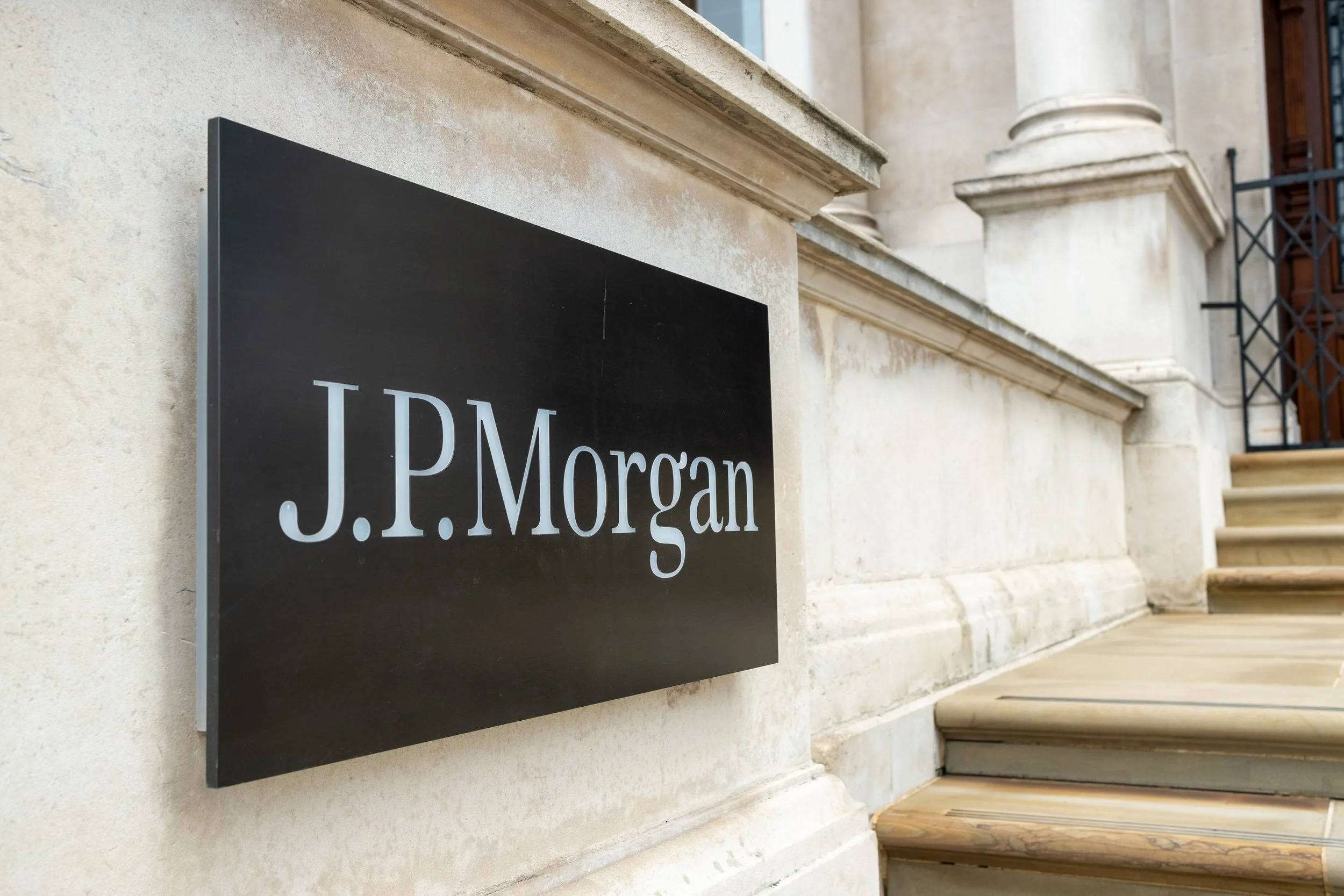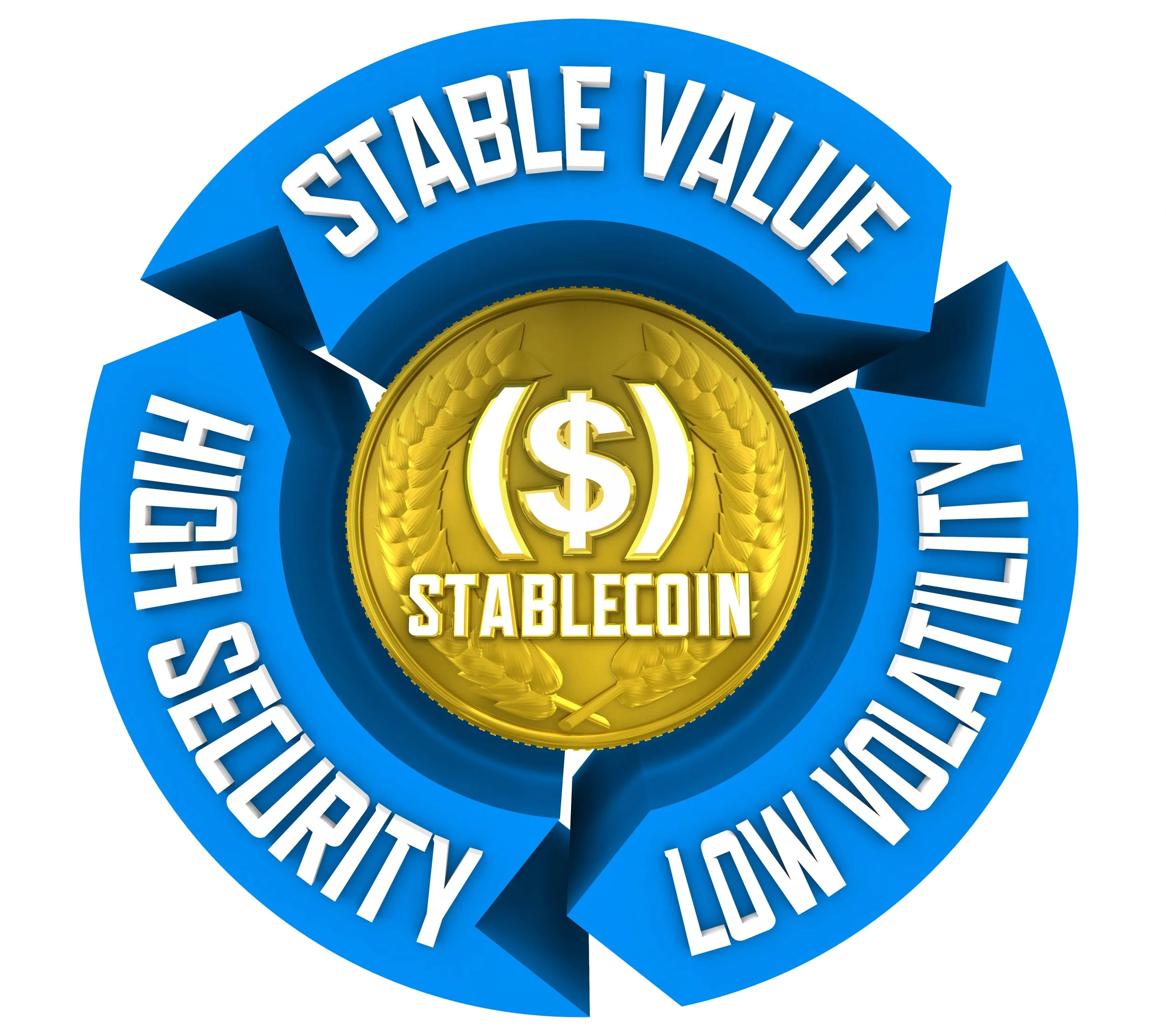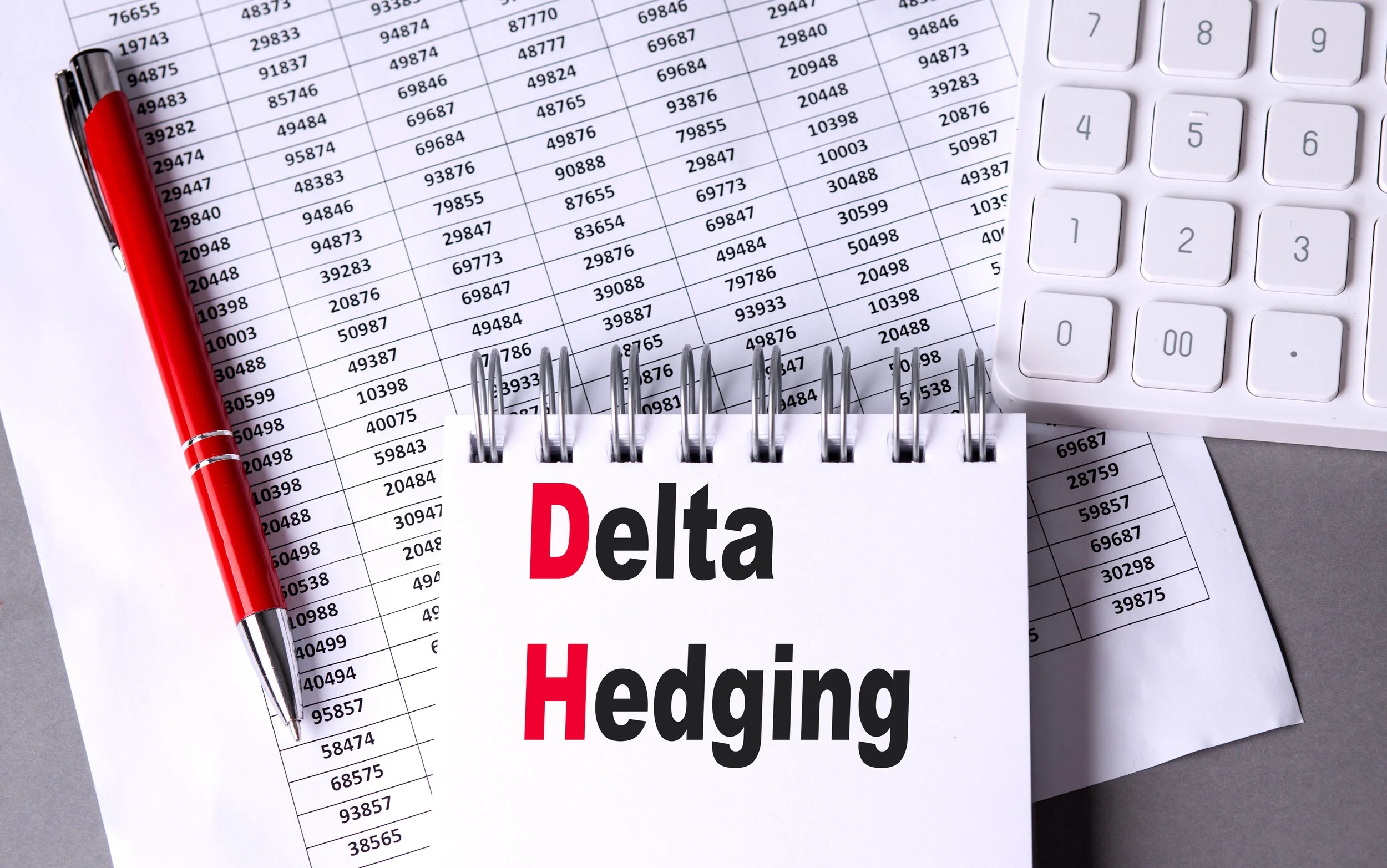
Deposit Tokens and the Case of JPMorgan’s JPMD: A Shariah Perspective
As banks enter the blockchain space, instruments like JPMorgan’s JPMD blur the lines between stablecoins and traditional money. This article unpacks the structure of deposit tokens, how they differ from stablecoins, and why their future models raise major concerns from a Shariah perspective.

Can Blockchain Harm Islamic Societies?
Blockchain promises trust without authority—but in the absence of Islamic ethics and oversight, it can create new forms of injustice. From fake halal tokens to crypto-funded extremism and digital colonialism disguised as humanitarian aid, this article explores how decentralization, without Shariah, may expose Muslim societies to greater harm than control.

Data in Question: Ethics, Monetization, and Islamic Perspectives in the Digital Age
Can data be sold in Islam? Explore Shariah perspectives on big data, ownership, privacy, and digital ethics in the age of AI and blockchain.

Are Stablecoins Halal? Understanding the Structures Behind the Stability
Stablecoins promise stability in a volatile crypto world—but not all are built the same.
This article explores the five main types of stablecoins—fiat-backed, crypto-collateralized, algorithmic, synthetic, and commodity-backed—and assesses their compatibility with Islamic finance. From riba-based reserves to derivative-backed structures, we unpack the key Shariah concerns every Muslim investor should understand.

Delta Hedging in Crypto: Why It's Not Halal
Delta hedging is widely used in crypto markets to manage price risk, but its reliance on non-Shariah-compliant tools like conventional options, short selling, and interest-based leverage renders it impermissible in Islamic finance. This article explains the concept in simple terms and presents two halal alternatives—asset pairing and tokenized real assets—that can help Muslim investors manage volatility without compromising their faith.
